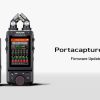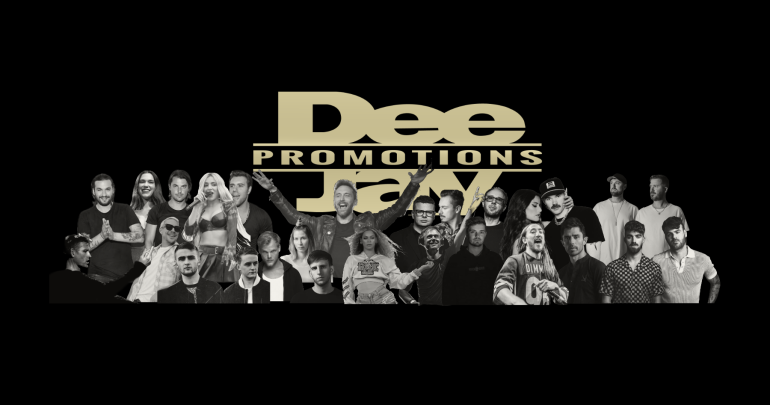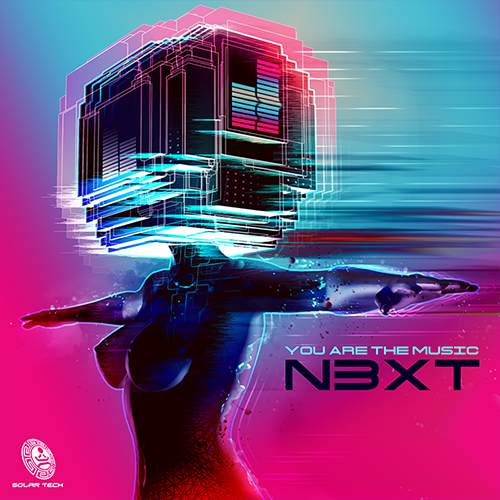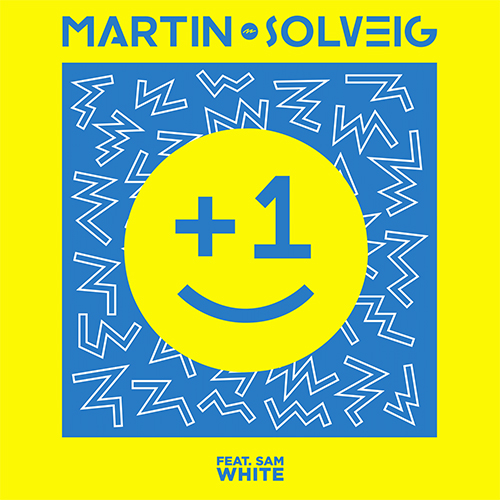-
 play_arrow
play_arrow
Clubalicious Clubalicious Radio
-
 play_arrow
play_arrow
London Calling Podcast Yana Bolder

Chances are, if you were a studio owner, engineer or producer during the heyday of tape, you may have a box, a closet or maybe even an entire room of recordings that have been lying around, forgotten, for years. The question is, how do you reconnect those reels with their owners?
Industry veterans Brian Kehew and Danny White have unearthed their fair share of unexpected finds over the years. They have also learned the hard way how difficult it can be to try to return a tape to its rightful owner when, say, a studio closes. “We’ve tried, and it’s not very sensible, financially or timewise, to try to find the owners,” Kehew reports.
Kehew is a musician, author, engineer, mixer, producer and studio owner who tours with The Who as a tech and, occasionally, a backing musician. A core part of his business for the past three decades has been the transfer and mixing of archive recordings for release or reissue. About four years ago, he was invited into Sunset Sound in Hollywood to help identify some tapes left behind by The Who. As luck would have it, they were the two-inch multitracks of 1975’s The Who by Numbers album, which were feared lost. Kehew shipped them to the band.
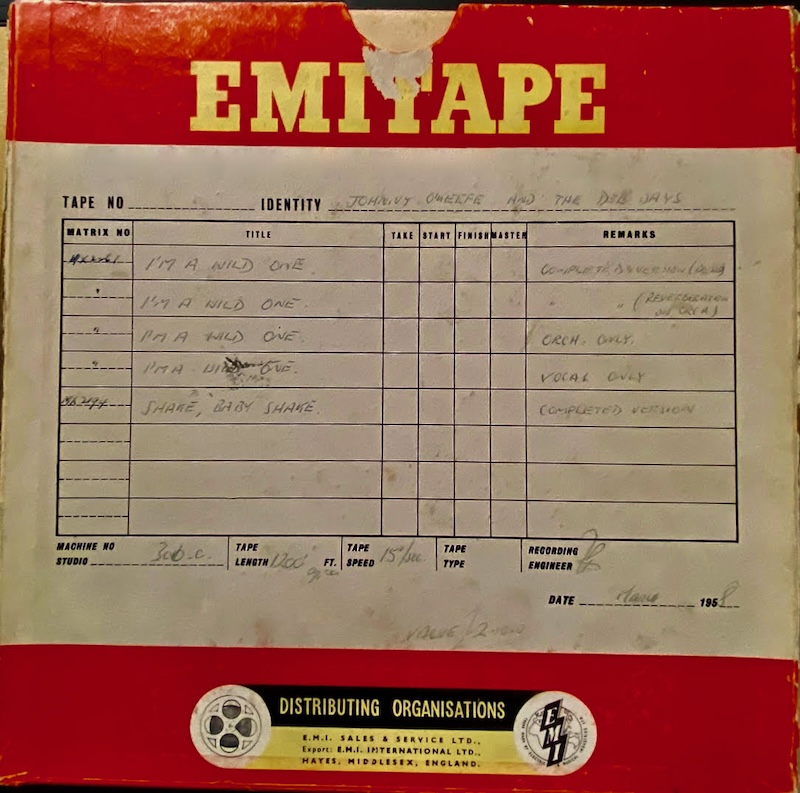
White, a musician, engineer and producer who formerly owned and operated 16 Ton Studio on Nashville’s Music Row, and for some years has been the driving force behind the resurrected Sound Techniques mixing console brand, has similar happy stories to tell. For a start, there’s the discovery that sparked the launch of the pair’s new service, Master Tape Rescue. When White was hired to evaluate a tape archive from the 1950s, a set of more than 20 tapes were discovered that included original Buddy Holly masters. This was of major significance, as most of Holly’s master tapes were destroyed in the 2008 fire at Universal Studios.
Then there was the time he discovered a previously unheard recording by Australian singer Johnny O’Keefe, whose 1958 hit, “Wild One,” later covered by Iggy Pop, marked the birth of rock and roll in his home country. White arranged for that tape to go to the National Archives of Australia.
There are plenty of horror stories, too, where hundreds of tapes have been discarded, never to be seen again. But Kehew also tells the story of the day, some years ago, when someone threw out the tape archive at Olympic Studios in London, which closed in early 2009. One of his friends, who worked with the Rolling Stones, spotted some tapes by the band among the boxes in a dumpster outside the facility. “He stopped his car and wouldn’t let anybody get near the dumpster,” Kehew reports. “Then he called the Rolling Stones, and said, ‘Send a truck; let’s just grab everything.’”
Recognizing that there was an opportunity to help connect people with their missing, forgotten or “lost” tapes, Kehew and White came up with a solution that is surprisingly simple. Last year, they launched their Master Tape Rescue website, which lists tape archives anonymously, referencing only the city where the collection resides. Let’s say you are a studio owner with a collection of forgotten tapes, perhaps dating from a previous tenant’s time in the building. Take an inventory of the archive, including some brief information such as the artist’s name, date, format and quantity of reels, send it to MTR and they’ll list it on their website, mastertaperescue.com. “The archive just needs to send us their list of available tapes, and we feature it for the world to find,” Kehew comments.
Kehew and White never touch the tapes. Rather, the site works like a dating service, hooking up the client and the content. Any interested parties can browse the online listings and, if they spot something to which they have a rightful claim, contact the pair. They in turn will connect anyone with a legitimate request with the current archive holder.
Offering one recent example, Kehew reports that the wife of a very well-known rock musician and bandleader spotted some tapes by her husband listed on the website: “She wrote to us, and we put her in touch directly with the person that has those tapes.”
He stresses, “It’s just an information process and we’re not financially involved at all. The two parties work out their own rights and logistics; there’s no reason for us to get in the middle of their negotiations.”
“We don’t buy the tapes or keep them here; we just want to make a public listing of what they are already holding and connect the interested parties,” says White, reinforcing the point.
Whether archive recordings have any intrinsic value, well, that’s a whole other issue, of course. A tape might be just a safety copy and even if it’s a master, it may have been released decades ago and is now of value only to the band members or surviving family members. “Arguably, most tapes are almost worthless,” Kehew says. “You see a roomful of tapes, and maybe 5% are of value.”
Yet some recordings will certainly be valuable to the right person, he continues. After The New York Times ran a story on Master Tape Rescue in April 2024 and Kehew posted it to the MTR website, an eagle-eyed producer friend spotted something in one of the accompanying photos. “He said, ‘I see a tape that says “Sunshine Girl.” I’m working on a project for a band called the Parade from Los Angeles in the mid-sixties. We’re doing a box set reissue. Can you find out if that tape is one of theirs?’” Kehew recalls.
There was no other writing on the box, but after getting permission to play it, Kehew discovered it was the mono master of the song, which was a Billboard top-20 hit in 1967 for the band. “Then we found another ‘Sunshine Girl’ tape, which was the four-track demo, which has never been heard. He’s over the moon; it was perfect timing for his project. And if it weren’t for these listings, he might never have found that tape.”
In fact, there has been something of a deluge of discoveries since news of the website spread. Some Jimi Hendrix jams, unheard Billie Holiday live tapes and a good number of historic Chicago blues tracks as well as concert recordings by the likes of David Bowie, R.E.M. and Iggy Pop have all come to light.
How IMES Automated The Archive
“Our goal is to reach out to anybody,” says Kehew, who has started contacting industry organizations to help spread the word about the service. The website listings could potentially grow to include hundreds of archives. But the pair are also considering broadening their horizons and making the service available for collections of other media formats. “Maybe you have the converted files, and those converted files are now the de facto master if the analog tape no longer exists,” White says.
In fact, White has a digital transfer of a tape recording of Paul McCartney and Wings working out “Junior’s Farm” in mid-1974, when the band decamped to Nashville briefly. Those files are being returned to McCartney’s MPL Communications.
“If we can find those pieces, they can be significantly important, possibly historically, and, if nothing else, shared with people that have never heard them,” he says. “It could be really cool to share some of these musical moments.”
Beyond tapes and transfers, MTR’s founders have been approached about listing interviews with artists on tape cassette, recordings made off-air of radio concerts and even film and video. “Almost every person has something in the closet or the attic,” Kehew says. “We’re happy to list whatever they have on our site. It costs nothing and we won’t bother them unless somebody of credibility writes to us. It’s a simple place for people to find the thousands of otherwise ‘lost’ tapes out there in the world.”
Written by: Admin
Similar posts
Recent Comments
No comments to show.Featured post

Latest posts
Current show
Upcoming shows

Sugar Radio
Robin Schulz
16:00 - 17:00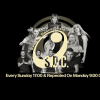
Swedish Dance Chart
17:00 - 19:00

Stereo Productions
Chus Ceballos
19:00 - 20:00
Hot House Hours
Dave Baker
20:00 - 21:00
Fresh Is Fresh
THIS WEEKS HOTTEST DANCE RELEASES FROM DEE JAY PROMOTIONS
21:00 - 00:00Chart
Powered by Dee jay promotions visit us







